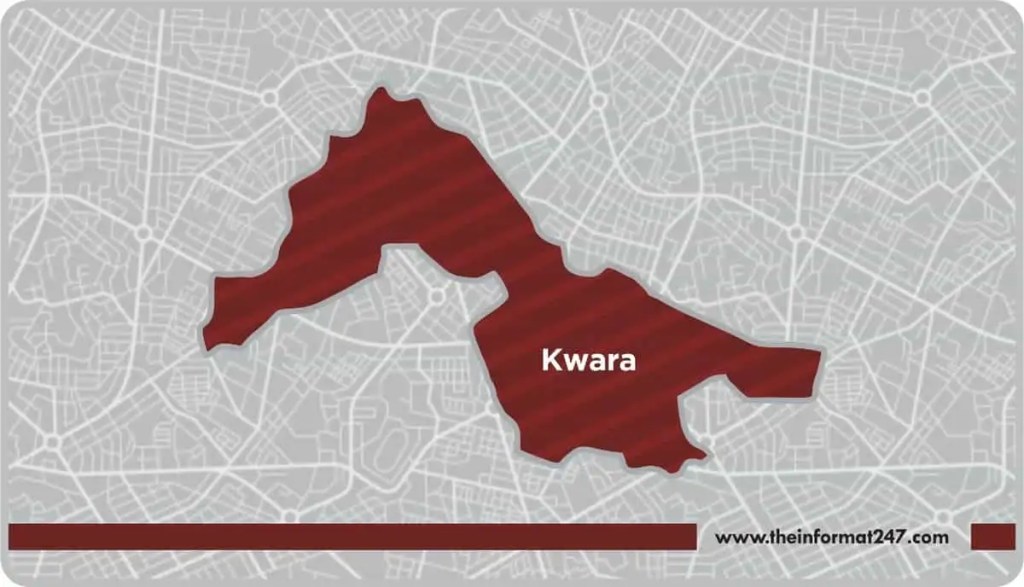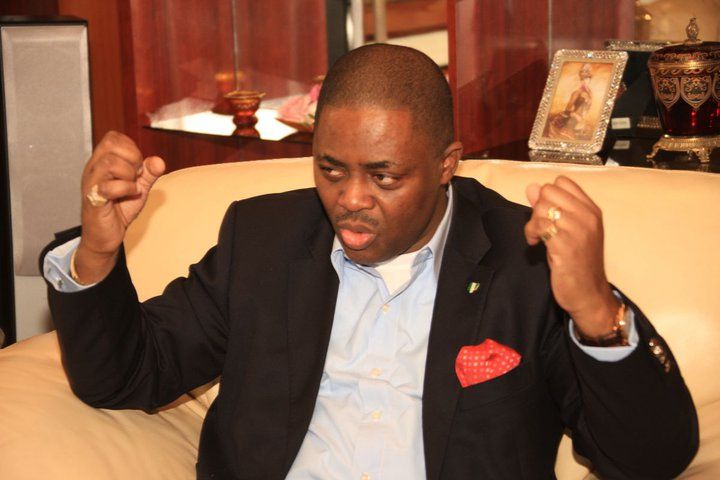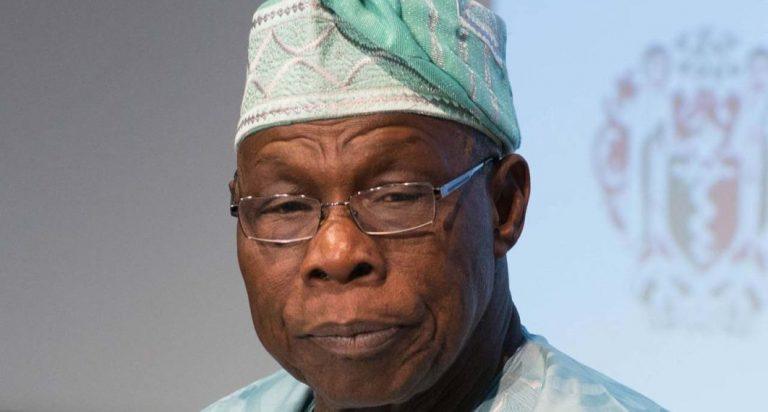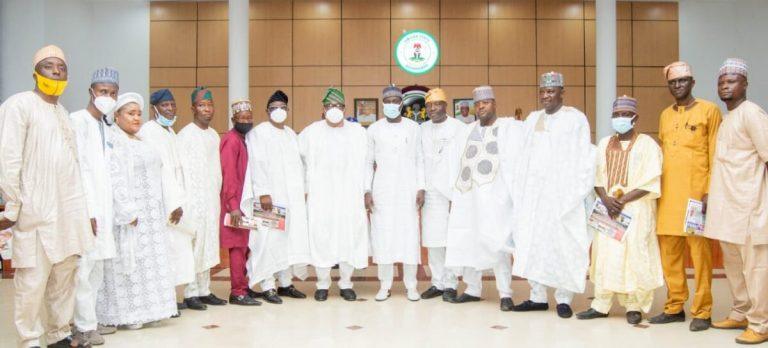Kwara launches initiative for climate-resilient health systems
The Kwara State Government has taken a significant step towards addressing the health impacts of climate change by inaugurating a multi-sectoral Technical Working Group (TWG) to adapt Nigeria’s Health National Adaptation Plan (HNAP) for local implementation.
During the ceremony held at the Ministry of Health in Ilorin, Commissioner for Health, Dr. Amina Ahmed El-Imam, stated, “The TWG is the engine that will power Kwara’s response to the health impacts of climate change.”
She further noted that this initiative signifies a vital advance in integrating climate considerations into public health planning.
“This is more than just a technical committee—it’s a convergence of science, policy, and practical action. We are determined to ensure that climate change is not treated as an environmental issue alone, but as a major public health priority,” Dr. El-Imam emphasized.
The TWG consists of 20 professionals from various sectors, including health, environment, agriculture, and academia. Their mandate is to customize the national HNAP to reflect Kwara State’s unique climate-related health risks through a participatory and evidence-based approach.
In his keynote address titled “Climate and Health in a Changing World: A New Path for Kwara,” Director of Public Health, Dr. Oluwatosin Fakayode, highlighted pressing public health concerns, saying, “The growing burden of climate-sensitive diseases and food insecurity is an urgent matter we must address.”
He also described the HNAP as an opportunity to create a state-specific plan that supports resilient health systems in the face of climate change.
Dr. Fakayode explained that the domestication process of the HNAP will follow a structured six-week timeline, aligning with national climate strategies and global targets such as the Sustainable Development Goals (SDGs) and the Paris Agreement.
He added, “The Kwara HNAP process is tied to the HOPE Project, a World Bank-supported initiative that links health planning to performance-based financing.”
The Technical Working Group includes senior government officials, technical experts, and representatives from civil society and development agencies, all of whom have pledged their commitment to collaborating and taking timely action on the challenges posed by climate change in Kwara State.






